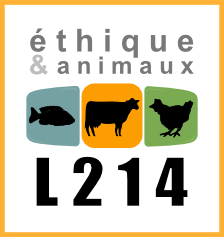Foie gras production to end in Israel
Article publié le 3 octobre 2005 dans le quotidien The Jerusalem Post.
Foie gras production to end in Israel
HERB KEINON (Matthew Wagner contributed to this report)
Abstract
In August 2003, the High Court agreed with a petition by Noah, an umbrella organization for animal rights organizations in Israel, that force-feeding geese for the production of foie gras causes unnecessary suffering. The court ruled that foie gras production violated the 1994 Protection of Animals Law, which prohibits torture, cruelty or abuse to animals.
Document Text
Israel will put an end to the force-feeding of geese for culinary purposes following Agricultural Minister Yisrael Katz's withdrawal of a proposal to the cabinet Sunday that would have made the practice lawful.
In August 2003, the High Court agreed with a petition by Noah, an umbrella organization for animal rights organizations in Israel, that force-feeding geese for the production of foie gras causes unnecessary suffering. The court ruled that foie gras production violated the 1994 Protection of Animals Law, which prohibits torture, cruelty or abuse to animals.
Katz's proposal would have sought legislation to effectively bypass the High Court ban in an attempt to save the livelihood of some 600 families who make their living from the production of the delicacy.
The cabinet Sunday established a committee to recommend alternative employment and compensation payments within 60 days for those employed in this sector.
Foie gras producers force-feed newborn geese with high-caloric food by inserting a tube into the esophagus, resulting in the swelling of the liver. The process lasts about three months, after which the geese, who have a life expectancy of about 60 years in their natural habitat, are slaughtered.
(Copyright 2005 The Jerusalem Post)

